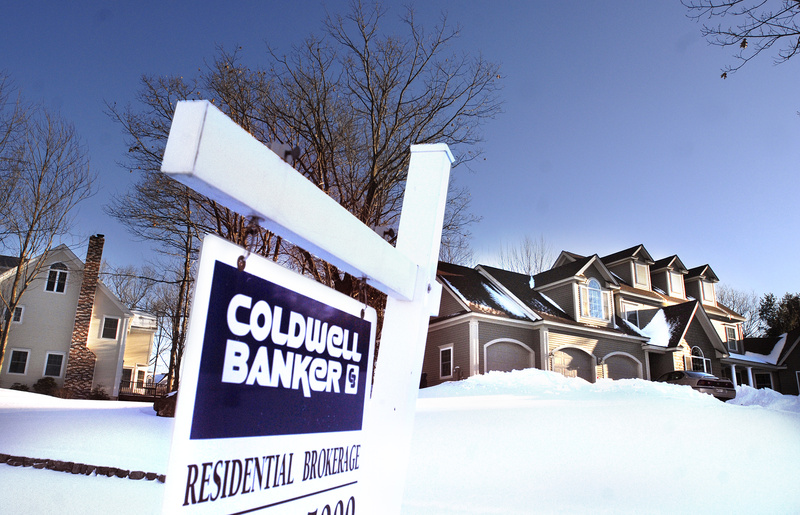Members of Maine’s real estate industry are scrambling to comply with licensing requirements that take effect Friday, when home “loan originators” will need state licenses.
Originators are the people who make money from taking loan applications, including loan brokers and some staffers for real estate and manufactured-housing companies.
Maine’s Bureau of Consumer Credit Protection has received 1,550 license applications. There are 18,000 loan officers registered under the state’s current system, said Julie Stolt, spokeswoman for the bureau.
Loan officers at banks, which are regulated by other agencies, do not need state licenses.
Applicants will have to complete 20 hours of education, pass state and national tests and clear credit and FBI background checks. Fees can exceed $200.
The new license is Maine’s effort to comply with the SAFE Mortgage Licensing Act of 2008, a federal law that gave states little choice but to adopt standards, said Will Lund, superintendent of the Bureau of Consumer Credit Protection.
York County Community Action Corp.’s Chris LaRoche said, “(This) holds people to an industry standard … and sets a level of professional prominence.”
But Karen Brown-Mohr, executive director of the Manufactured Housing Association of Maine, said licensing can cost “thousands of dollars” per person, including education expenses and lost work time.
She said those costs will drive up loan fees. And her members will need licenses just to discuss basic loan information with buyers, such as potential monthly payments.
Theresa Desfosses, president of State Manufactured Homes in Scarborough, said she does minimal loan work but still will need a license.
“A mortgage loan originator? That’s not what I do. I don’t fill out credit applications or qualify them for a loan,” she said.
Desfosses doubts “this part of the law will cure anything.”
Lund, who is waiting for federal guidance on how to apply the rules, said people who refer buyers to lenders won’t need licenses. But sellers who “pre-qualify” buyers for loans might.
“The line is crossed when a consumer believes that the salesperson can speak for … a lender,” he said.
Lund said two staffers in the bureau spend two hours daily processing applications.
Stolt called the new work “a whole other duty that we don’t have time for,” but she sees benefits.
“(This) is weeding out folks that shouldn’t be in the industry. It’s a good thing for consumers because they are getting people who are educated,” she said.
Lund said the state’s previous loan officer registration program was effective, efficient and highly automated.
“I am not necessarily a fan of (the) multistate program,” he said. “The state of Maine had a system of registering loan officers that worked quite well.”
In April, Maine’s Legislature is slated to take up L.D. 290, a bill to exempt people who negotiate five or fewer loans yearly.
Staff Writer Jonathan Hemmerdinger can be reached at 791-6316 or at: jhemmerdinger@mainetoday.com
Send questions/comments to the editors.



Success. Please wait for the page to reload. If the page does not reload within 5 seconds, please refresh the page.
Enter your email and password to access comments.
Hi, to comment on stories you must . This profile is in addition to your subscription and website login.
Already have a commenting profile? .
Invalid username/password.
Please check your email to confirm and complete your registration.
Only subscribers are eligible to post comments. Please subscribe or login first for digital access. Here’s why.
Use the form below to reset your password. When you've submitted your account email, we will send an email with a reset code.